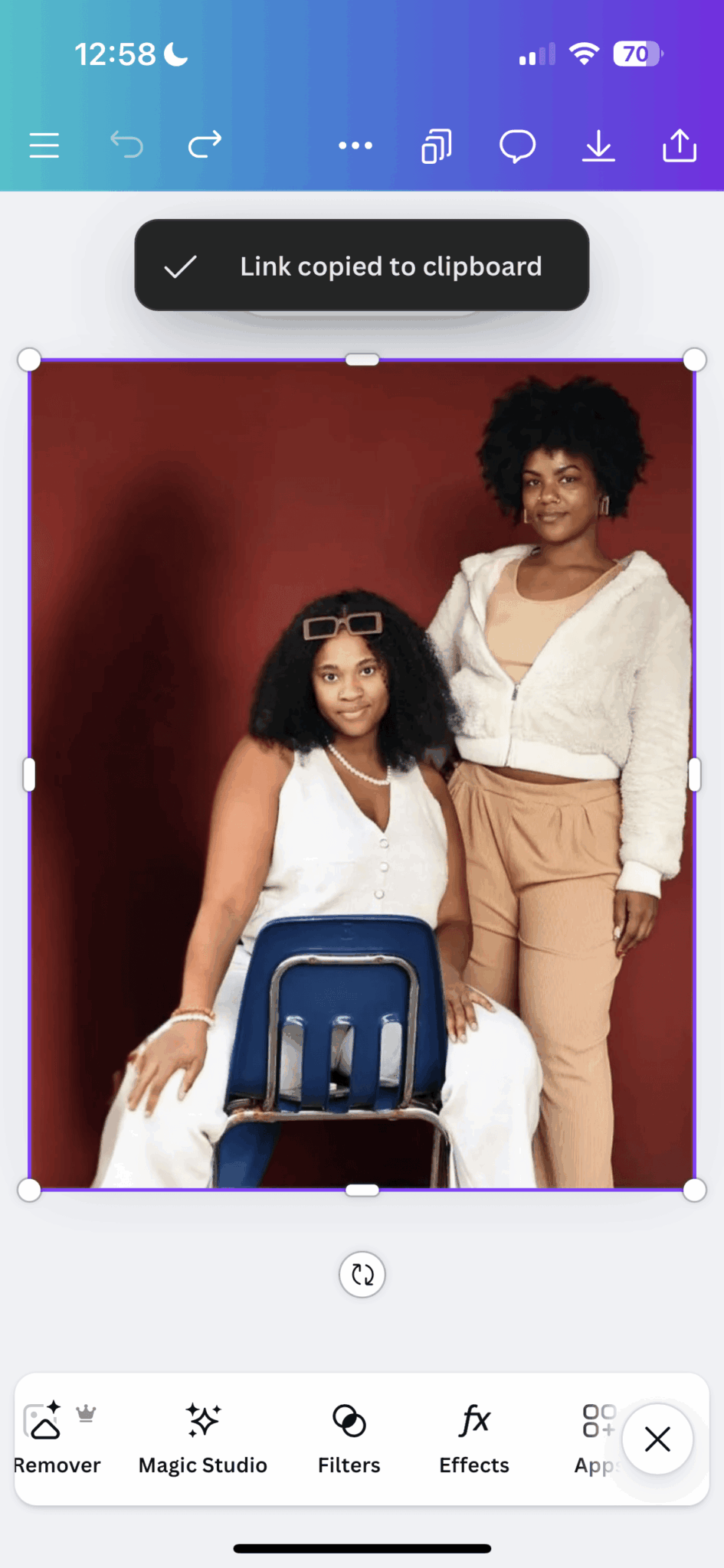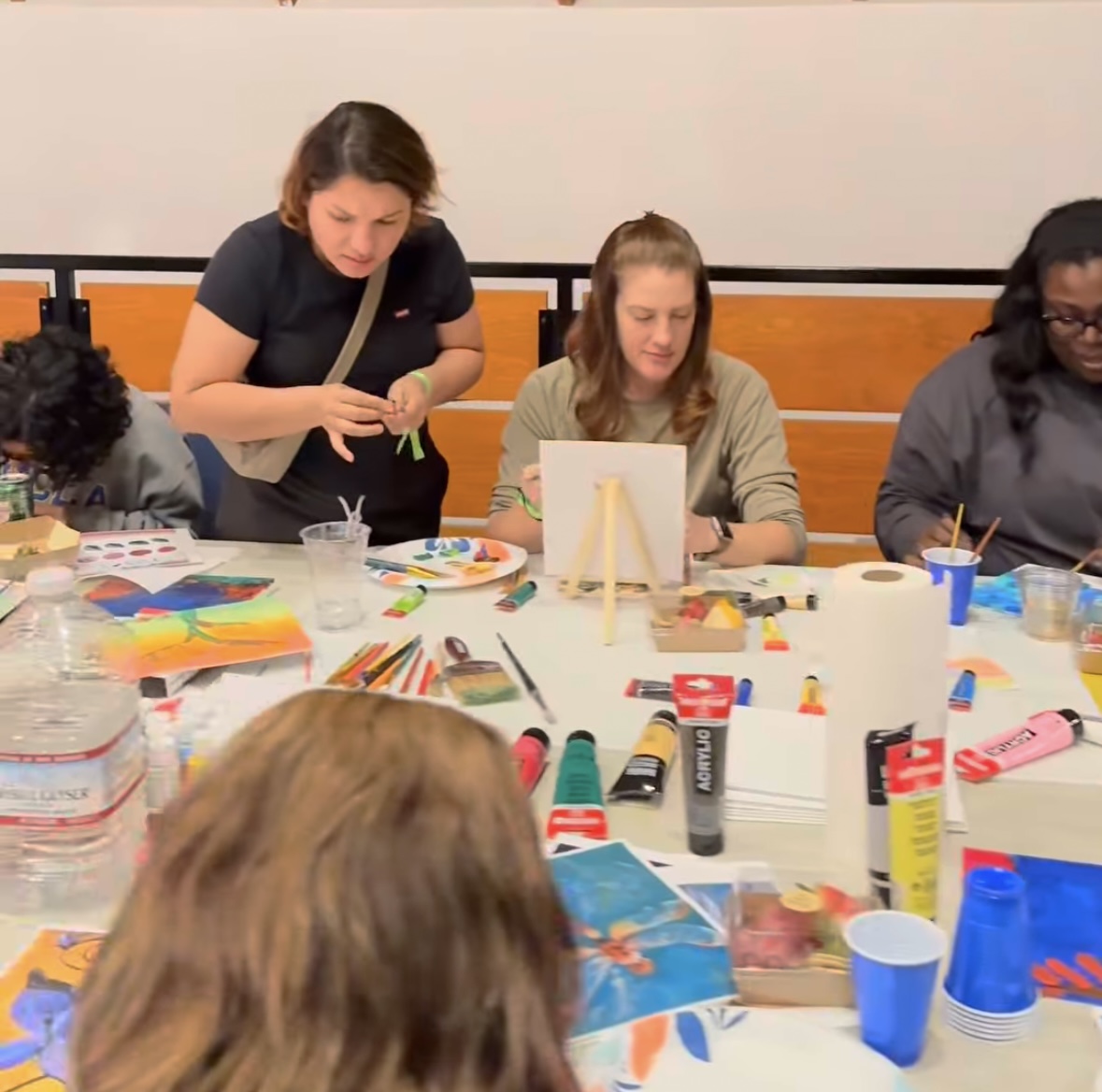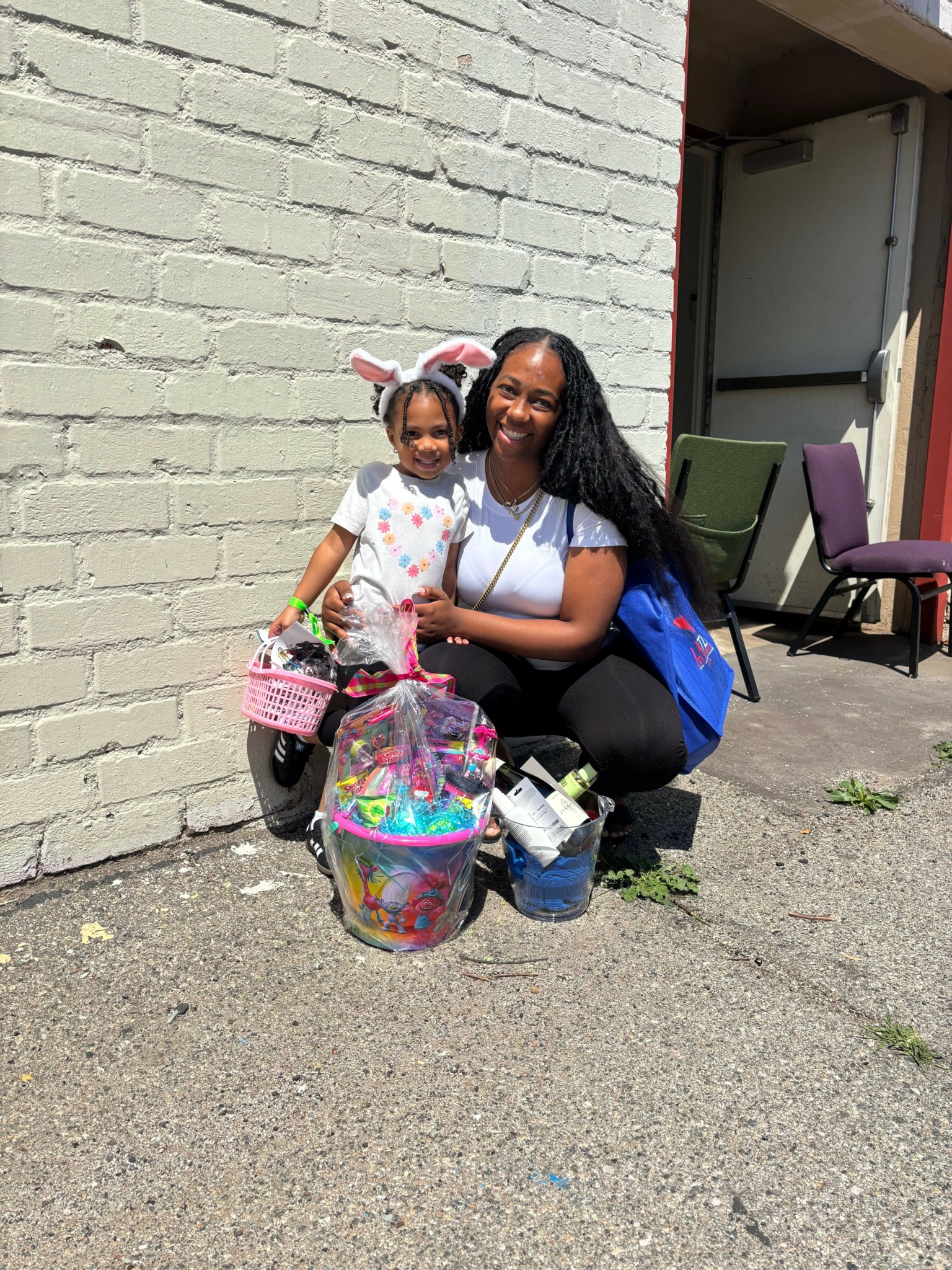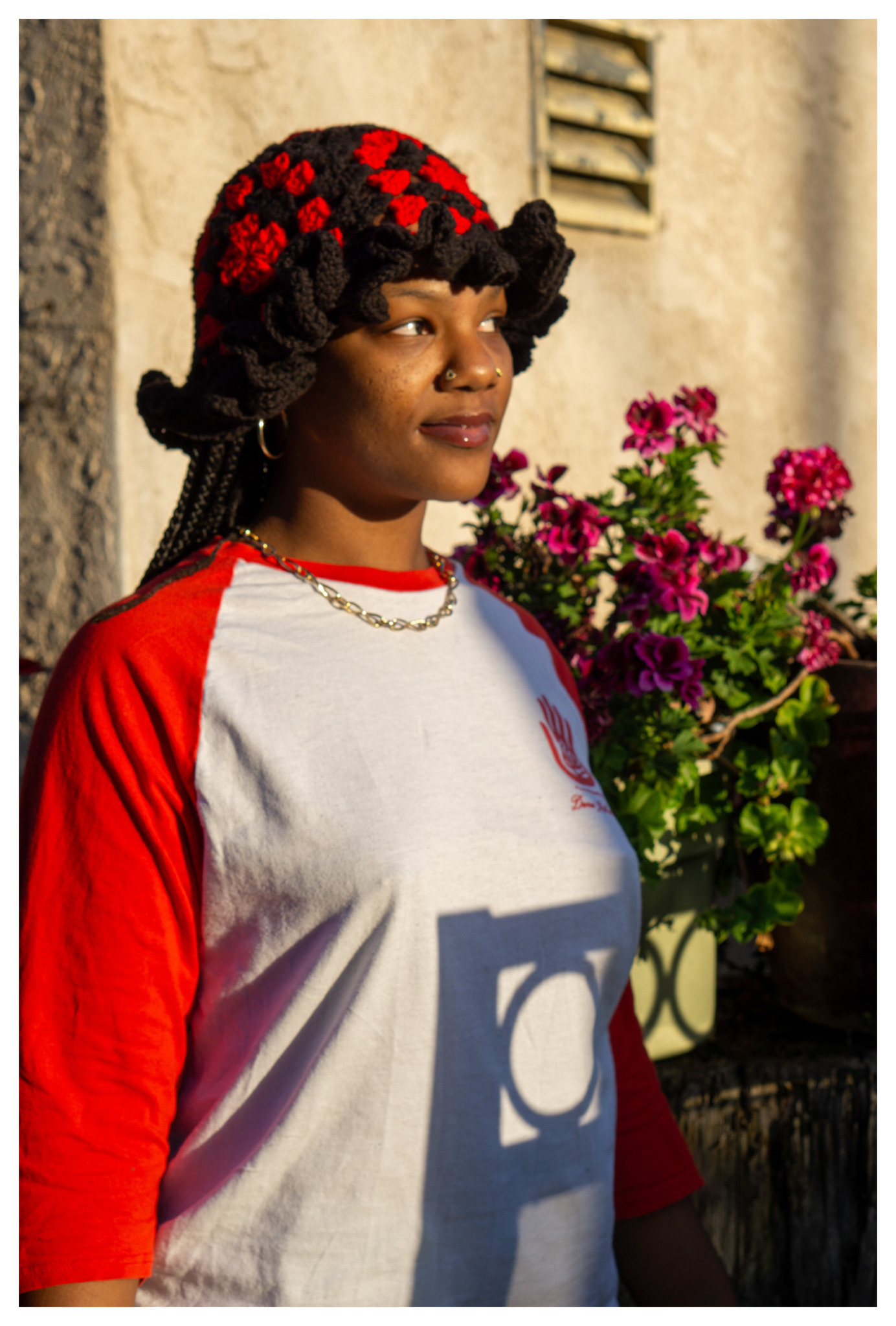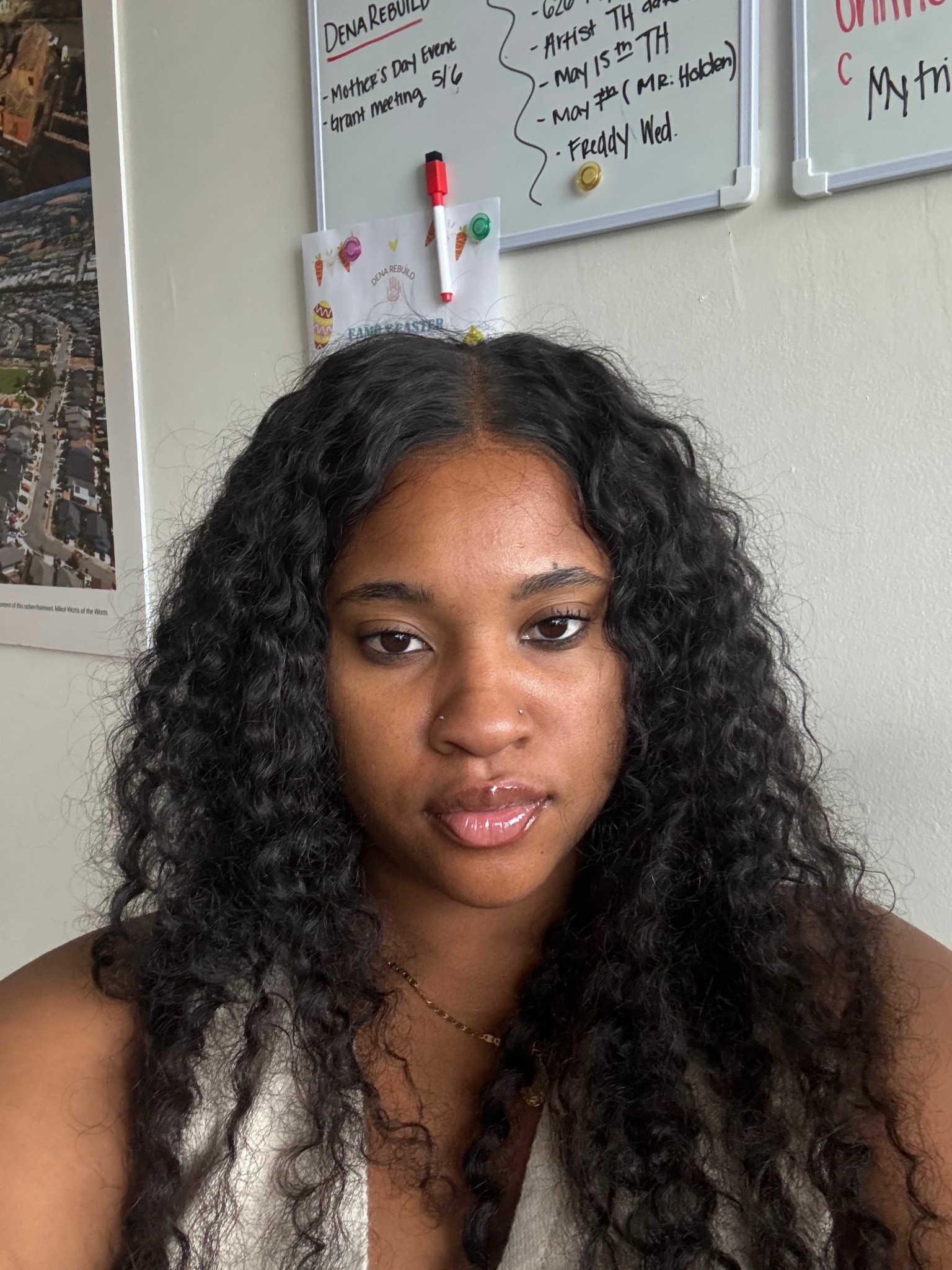We recently connected with Zaria Smith and have shared our conversation below.
Zaria , appreciate you joining us today. Let’s start with the story of your mission. What should we know?
Dena Rebuild & Restore began as a grassroots response to the Eaton Canyon Fire, which devastated parts of Altadena and deeply impacted our own families, friends, and neighbors. As lifelong residents of the Pasadena/Altadena area, we couldn’t stand by and watch our community struggle without stepping in.
What started with handing out care packages and collecting donations quickly grew into monthly wellness events, direct financial aid, and partnerships with local agencies to bring housing, legal, and mental health resources to those in need. Every step has been guided by the voices of the families we serve and the belief that recovery should be community-led, culturally rooted, and compassion-driven.
Today, we continue this work not just as organizers, but as neighbors, survivors, and advocates committed to helping our community rebuild and heal, together
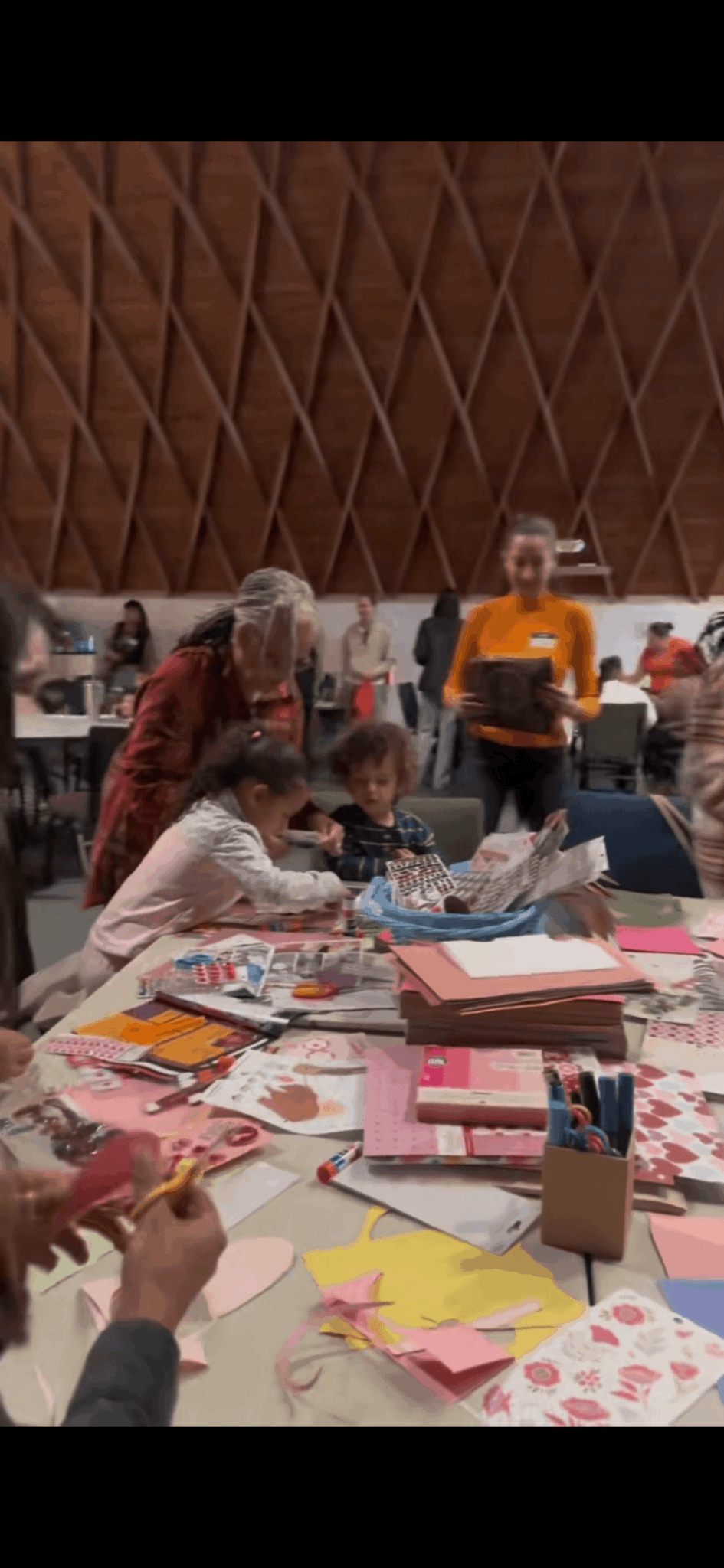
Awesome – so before we get into the rest of our questions, can you briefly introduce yourself to our readers.
My name is Zaria Smith, and I’m the co-founder of Dena Rebuild & Restore, a grassroots community organization based in Altadena, California. Our work emerged in direct response to the Eaton Canyon fire in January 2025, which displaced families, disrupted lives, and left our community reeling. I was raised in Altadena, and like many others, I was directly impacted by the fire. More than anything, I felt the call to show up for the community that raised me.
Alongside Karimah Clipps, who has been instrumental in shaping and leading this work, we launched Dena Rebuild & Restore to provide immediate support to families affected by the fire. With my background in banking and community outreach, and Karimah’s in advocacy and organizing, we’ve been able to move quickly and meaningfully to meet people where they are.
Before starting this work, I spent eight years in the banking industry, which taught me a lot about logistics, operations, and working with people under pressure. After the fire, I knew I needed to use those skills differently. We began organizing donation drives, distributing gift cards, delivering essential items, and hosting wellness-centered events like youth art therapy and school-based programming.
Dena Rebuild & Restore now offers a combination of direct aid, emotional support, and recovery-focused resources. We provide emergency financial support, goods for families, and events that help our community reconnect and heal. We’ve also partnered with schools, law firms, and other organizations to ensure fire-impacted families receive both immediate and long-term support.
What makes us different is how deeply rooted we are in this community. We are not a large nonprofit with layers of process. We are the people who live here, who know the streets, the schools, the stories, and the needs. That closeness allows us to act quickly and build trust in ways that traditional systems often can’t.
I’m incredibly proud that in just a few short months, we’ve served hundreds of families, distributed tens of thousands of dollars in financial assistance, and created programs that center healing and connection. Even before our nonprofit status was finalized, we got to work because the need was urgent and the community deserved action.
For anyone just learning about us, I want you to know that Dena Rebuild & Restore is not just about responding to a disaster. We’re here to build something lasting—a stronger, more resilient, and more connected Altadena. We’re committed to showing up, and we invite others to join us in this work.
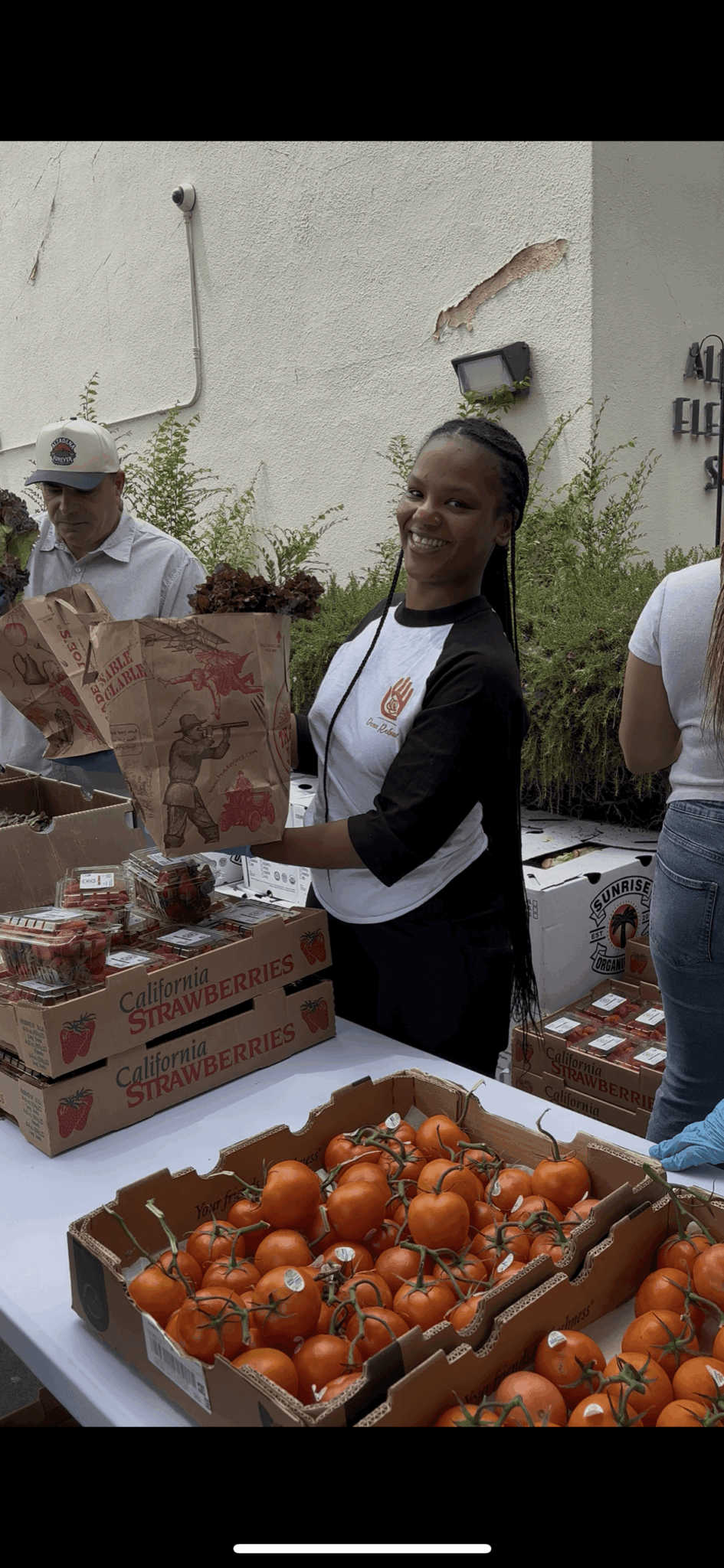
Can you tell us about a time you’ve had to pivot?
One of the biggest pivots in my life happened after the Eaton Canyon fire in January 2025. At the time, I was still working in the banking industry, where I had built an eight-year career. It was a space I felt confident in. I understood the structure, the pace, and what was expected of me. But when the fire hit my hometown of Altadena, everything shifted.
I was personally impacted, but more than that, I saw friends, neighbors, and entire families lose their homes and sense of security. It was heartbreaking. I couldn’t ignore what was happening around me, and I couldn’t wait for someone else to fix it. So I started helping in any way I could—gathering donations, distributing supplies, and checking in on folks who were struggling. That small effort quickly grew.
I partnered with Karimah Clipps, and together we created Dena Rebuild and Restore. What started as an emergency response turned into something much deeper—a long-term commitment to rebuilding and healing our community. It became clear that this work needed my full attention, so I made the decision to step away from my job in banking and dedicate myself to this mission.
It wasn’t easy. I had to let go of financial security, learn new systems, and step into unfamiliar territory. But I also realized that everything I had learned in my career—how to manage resources, build relationships, and solve problems—was still useful, just in a completely different context.
This pivot taught me that sometimes your purpose finds you in the middle of a crisis. When that happens, you have to choose whether to lean in or hold back. I chose to lean in, and it changed the direction of my life in the best way possible
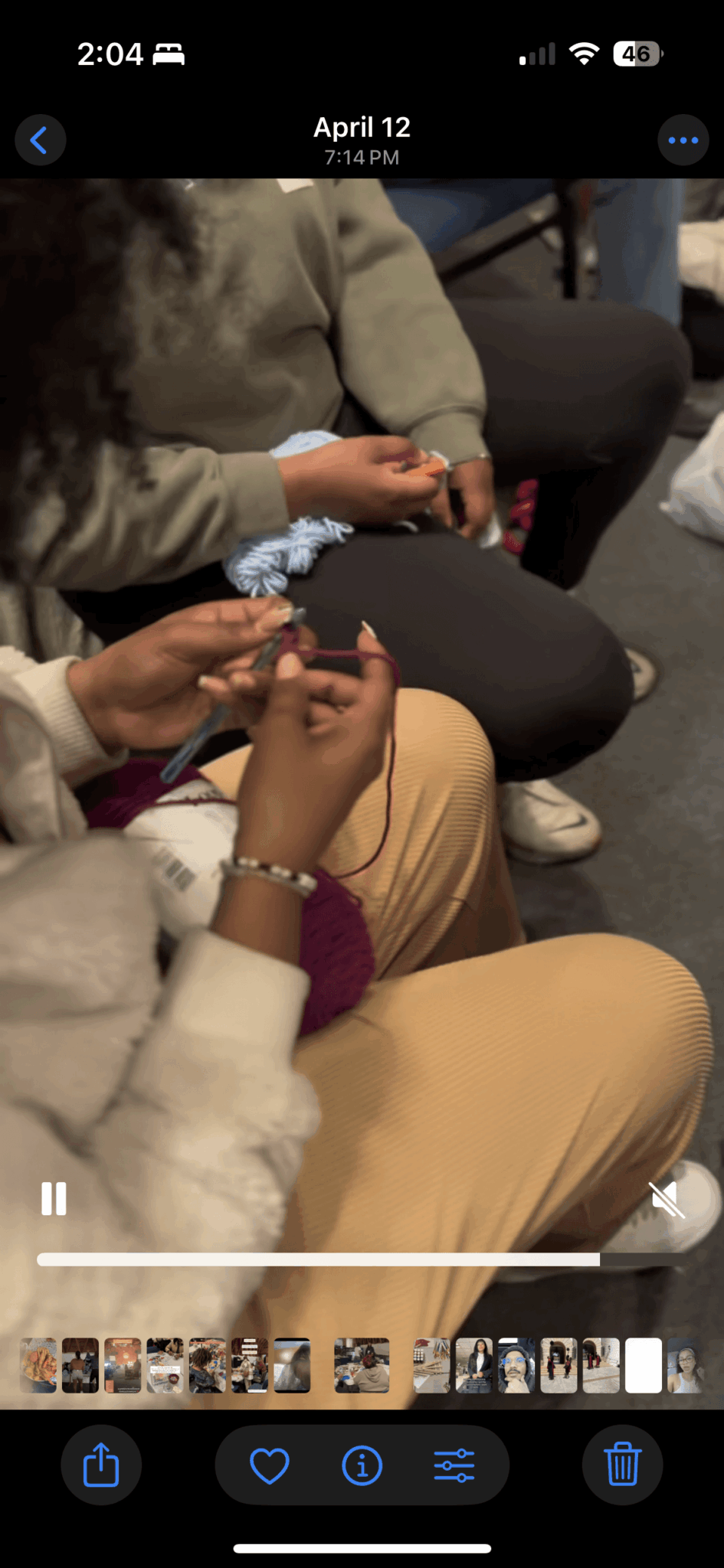
Let’s talk about resilience next – do you have a story you can share with us?
One of the most defining moments in our journey, and one that truly tested our resilience, was when three of our original founding members stepped away from Dena Rebuild and Restore.
When we first started, we were a team of five. Each of us was deeply committed to supporting families in the wake of the Eaton Canyon fire. We moved quickly and worked nonstop, doing everything we could to respond to the overwhelming need. But as time went on, the emotional, financial, and logistical weight of the work became too much for some. Three members of our team had to step away to take care of their own lives and well-being.
It was a difficult time. We respected and supported their decisions, but the loss was heavy. We had built something meaningful together, and suddenly our team was cut down to two. It forced us to pause and ask ourselves whether we could continue the work and whether we had the strength to keep going.
What kept us going was the community. Families were still reaching out. Children were still coming to our events. People were still counting on us. So we chose to keep showing up.
We leaned on each other and found new ways to move forward. We restructured how we worked, prioritized what we could manage, and reminded ourselves daily of why this work mattered. That season taught us that resilience is not just about pushing through. It is about adapting, staying grounded in purpose, and caring deeply even when things feel uncertain.
Losing most of our founding team could have been the end. But instead, it became a turning point. We became stronger, more intentional, and more connected to the heart of this work. That chapter helped shape who we are today and why we are so committed to continuing to serve and support our community
Contact Info:
- Website: https://denarebuild.co
- Instagram: https://www.instagram.com/denarebuild?igsh=NTc4MTIwNjQ2YQ%3D%3D&utm_source=qr
